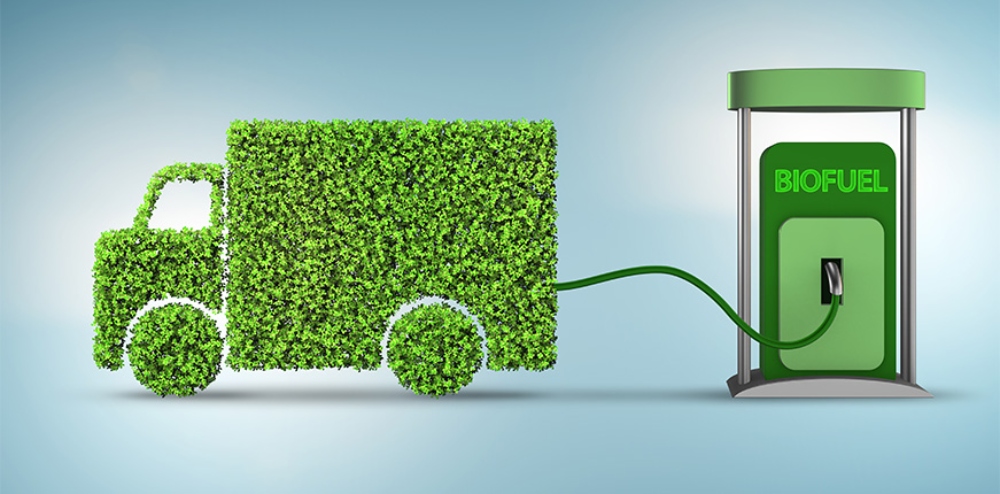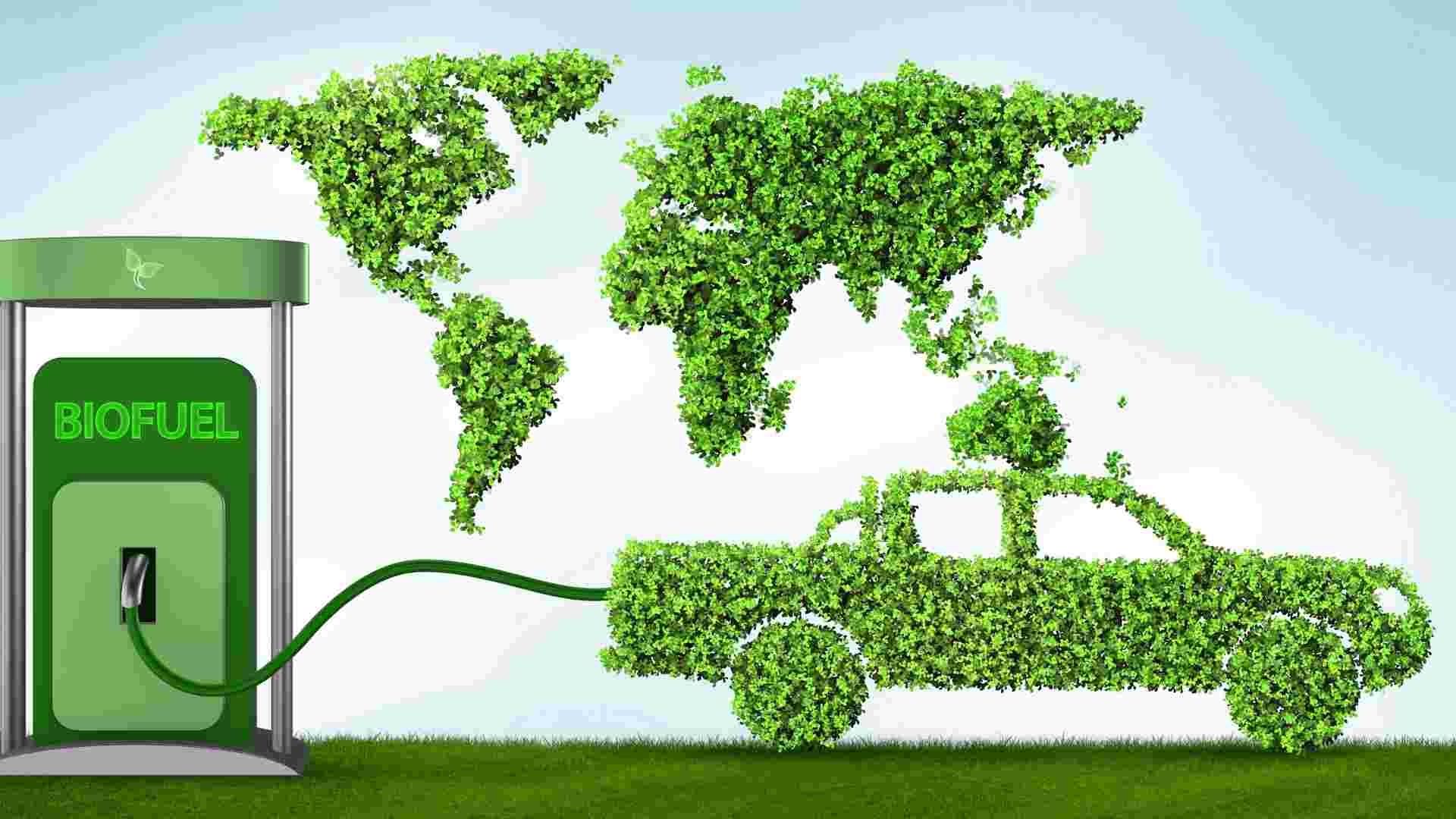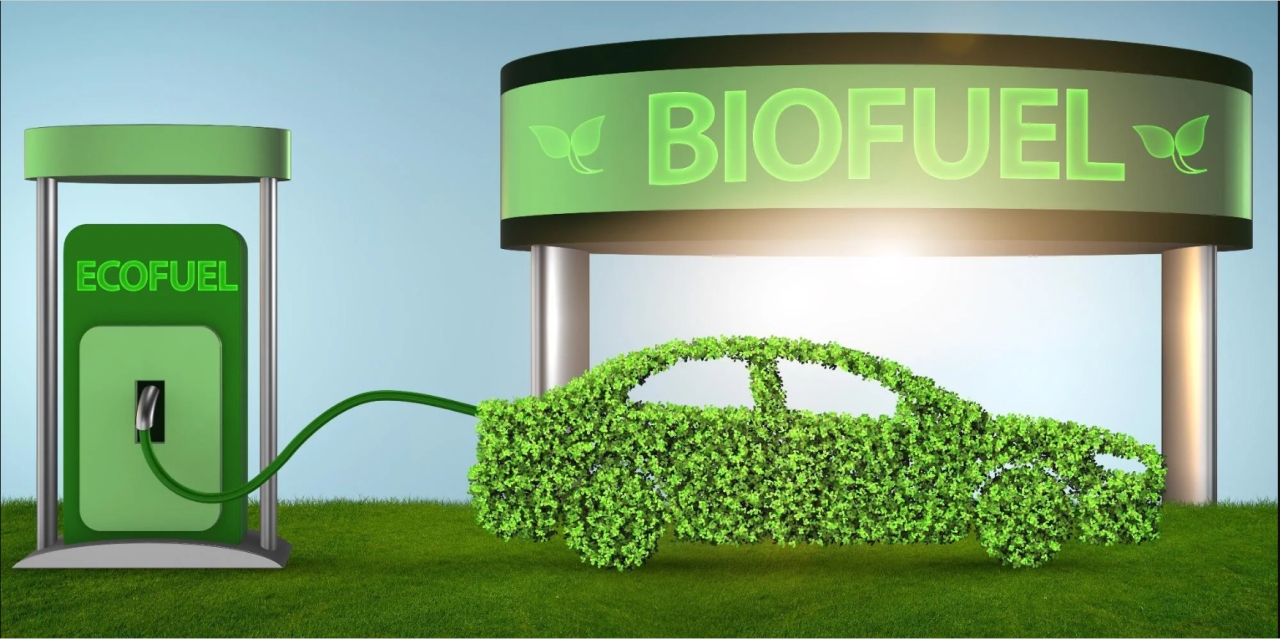Comments
- No comments found

The search for sustainable energy solutions has never been more critical in a world where environmental concerns are at the forefront of global discussions.
The depletion of fossil fuel reserves and the adverse effects of their consumption on our planet has led to a growing interest in alternative, eco-friendly energy sources. One of the most promising candidates in this realm is sustainable biofuels, which have seen significant advancements in recent years, offering a glimmer of hope for a greener energy future.
As the name suggests, biofuels are derived from biological sources such as plants, algae, and organic waste materials. They offer a more environmentally friendly alternative to traditional fossil fuels, primarily due to their ability to reduce greenhouse gas emissions. When biofuels are burned, they release carbon dioxide (CO2) into the atmosphere, but this CO2 is part of the natural carbon cycle. The plants and algae that produce biofuels absorb CO2 through photosynthesis, creating a closed-loop carbon system. This starkly contrasts fossil fuels, which release carbon stored deep within the Earth, contributing to the accumulation of atmospheric CO2 and global warming.

Recent advancements in sustainable biofuel production have centered on three key areas:
Diversification of Feedstocks: Traditional biofuel production mainly relied on food crops like corn and sugarcane, which raised concerns about competition for arable land. However, technological innovations now allow for a broader range of feedstocks, including non-food crops and agricultural waste. Lignocellulosic biomass, derived from non-food sources and agricultural residues, is becoming increasingly popular as biofuel feedstocks, reducing the ethical and environmental dilemmas associated with food-based biofuels.
Efficient Conversion Processes: The development of advanced biochemical and thermochemical conversion processes is improving the overall energy efficiency of biofuel production. Techniques like enzymatic hydrolysis and gasification enhance biomass conversion into biofuels, simultaneously reducing environmental impacts. Moreover, integrating carbon capture and utilization methods can further elevate the sustainability of biofuels by sequestering CO2 emissions from various sources. Self priming pumps, equipped with the ability to handle a wide range of viscosities, are an essential component in the production and distribution of biofuels.
Next-Generation Biofuels: Beyond traditional biofuels, there is a growing focus on second and third-generation biofuels. Second-generation biofuels are derived from non-food crops and waste materials, making them less competitive with food production. Third-generation biofuels employ microorganisms and algae to convert sunlight and CO2 into biofuels, promising higher energy yields and greater sustainability. These advanced generations of biofuels are poised to revolutionize the industry, offering the potential for a more sustainable energy future.
The transportation sector is one of the largest contributors to greenhouse gas emissions. Sustainable biofuels offer a practical and effective solution. They can serve as drop-in replacements for gasoline and diesel, requiring no modifications to existing engines or infrastructure. This ease of integration makes biofuels a promising option for reducing vehicle, aircraft, and ship emissions. In a world increasingly embracing electric cars, biofuels can play a complementary role, particularly in addressing the challenges of long-haul and heavy-duty transportation where battery technology may not be as effective.

Governments and international organizations worldwide increasingly recognize biofuels' importance in combating climate change and strengthening energy security. Renewable fuel standards, incentives for biofuel production, and international agreements such as the Paris Agreement are spurring investments and innovations in the biofuel sector. As a result, the biofuel market is projected to grow significantly, attracting public and private sector interest.
Advancements in sustainable biofuels offer a promising avenue toward a greener energy future. As technology evolves and investment grows, we can look forward to a brighter, cleaner future powered by these innovative, eco-friendly alternatives. Sustainable biofuels may hold the key to a greener, more sustainable energy future.
Leave your comments
Post comment as a guest